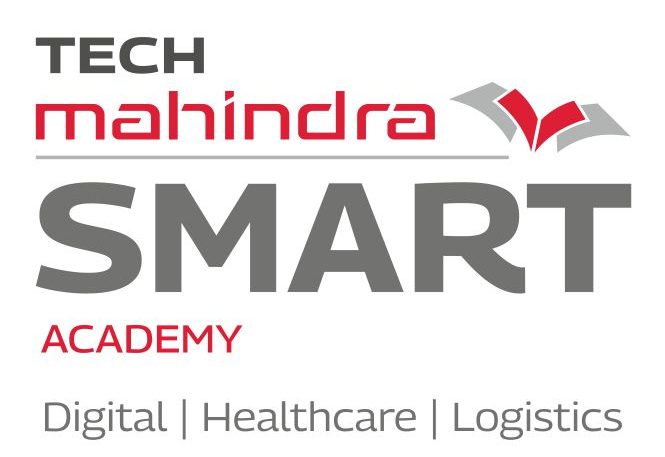Table of Contents
Toggle
Navigating the transition from academic learning to a professional career can be both exciting and daunting. For those entering the dynamic field of supply chain management, this journey is filled with opportunities to leverage classroom knowledge in practical, impactful ways. Here is a beginner’s guide to help you successfully bridge the gap and launch a rewarding career in supply chain management.
Understanding the Landscape of Supply Chain Management
Supply chain management (SCM) involves overseeing the flow of goods and services, from raw materials to final products, to ensure efficiency and effectiveness. This field encompasses several key areas:
- Procurement: Sourcing and purchasing raw materials and components.
- Operations: Managing production processes and ensuring quality control.
- Logistics: Coordinating the transportation and storage of goods.
- Inventory Management: Balancing supply and demand to optimize stock levels.
- Distribution: Delivering finished products to consumers.
Each of these components plays a vital role in creating a seamless supply chain that meets customer demands and drives business success.
Building a Strong Foundation: Key Skills and Knowledge
To thrive in SCM, it is essential to develop a robust set of skills and a solid knowledge base:
- Analytical Skills: Ability to interpret data and make informed decisions.
- Problem-Solving: Identifying issues and devising effective solutions.
- Communication: Clear and concise interaction with stakeholders at all levels.
- Technical Proficiency: Familiarity with SCM software and tools (e.g., ERP systems).
- Project Management: Managing timelines, resources, and teams to achieve objectives.
Gaining Practical Experience
While classroom learning provides theoretical knowledge, practical experience is crucial. Here are ways to gain hands-on experience:
- Internships: Secure internships with reputable companies to learn real-world applications of SCM principles.
- Part-Time Jobs: Work in logistics, warehousing, or procurement roles.
- Volunteer Work: Offer your skills to non-profits or community organizations.
- Simulations and Case Studies: Participate in simulations or analyze case studies to practice decision-making in realistic scenarios.
Networking and Mentorship
Building a professional network is invaluable for career growth. Attend industry conferences, join SCM associations, and connect with professionals on LinkedIn. Seek out mentors who can provide guidance, support, and insights into the industry.
Crafting a Compelling Resume and Cover Letter
When applying for SCM positions, your resume and cover letter should highlight your education, experience, and skills. Include specific examples of projects or tasks where you applied SCM principles. Tailor your application to the job description, emphasizing how your background aligns with the company’s needs. If you’re unsure where to start, there are plenty of resources available to help you create resumes that showcase your qualifications effectively.
Preparing for Interviews
Interviews for SCM roles often include behavioral and technical questions. Prepare by:
- Reviewing Common Questions: Practice responses to questions about your experience, problem-solving abilities, and technical knowledge.
- Understanding the Company: Research the company’s supply chain operations, challenges, and goals.
- Showcasing Your Skills: Be ready to discuss how your skills and experiences make you a strong fit for the role.
Embracing Continuous Improvement
Once you land your first job, focus on continuous improvement. Seek feedback, set career goals, and be proactive in expanding your skills. Embrace challenges as learning opportunities and strive to contribute positively to your team and organization.
Conclusion
A career in supply chain management offers diverse opportunities and the chance to make a significant impact on business operations. By building a strong foundation of skills, gaining practical experience, networking, and committing to lifelong learning, you can successfully transition from classroom to career and achieve success in the dynamic world of supply chain management.
Embark on this exciting journey with confidence, and remember that each step you take brings you closer to becoming a proficient and valued supply chain professional.


